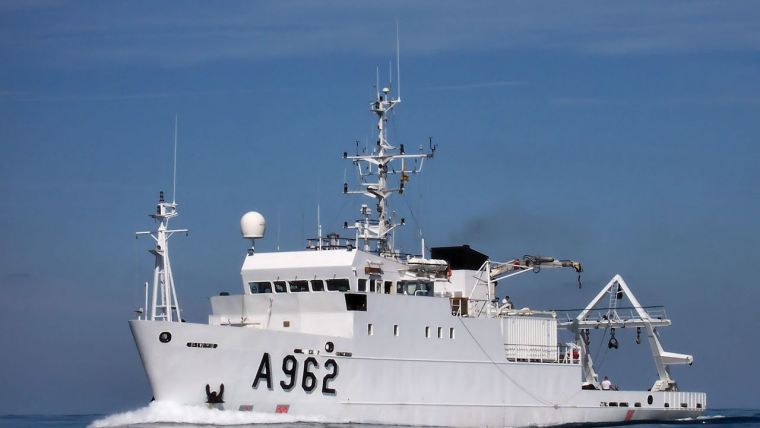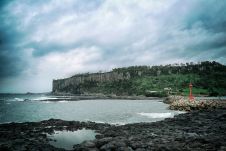Expedition Finds Archaeological Artefacts from Lost Prehistoric Settlements
An expedition by European scientists from Belgium and Britain has explored three sites of potential geological and archaeological interest in the southern North Sea. Dr Martin Bates, a geoarchaeologist at the University of Wales Trinity Saint David, working with a team of researchers on an 11-day expedition, found the first archaeological artefacts from lost prehistoric settlements in the North Sea.
Through chance finds by fishermen over many decades, it has long been suspected that this part of the North Sea hides a vast landscape that once was home to thousands of people. Over the past two years, the British team has been recreating the drowned landscape using data provided by oil and gas companies, wind farm developers and the coal board. The modelled landscape contains areas with a higher likelihood of past human activity, locations where evidence of these activities might more likely be found.
'Activity by Our Ancestors'
“This is a very exciting project to be involved in,” says Dr Bates. “Here at Lampeter (campus University of Wales Trinity Saint David), our job is to examine all the cores that have been drilled into the seabed and reconstruct the geology of the changing environment over the last 100,000 years. From this information, we can pinpoint likely places on, or beneath, the seabed which might have evidence of activity by our ancestors living in this now lost landscape.”
Read more about the expedition. Photo: Belgian research vessel Belgica, involved in the expedition (courtesy wikipedia.org).














